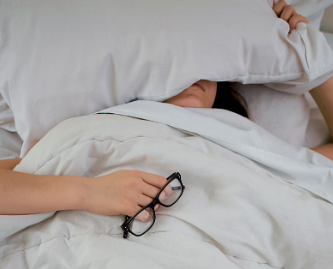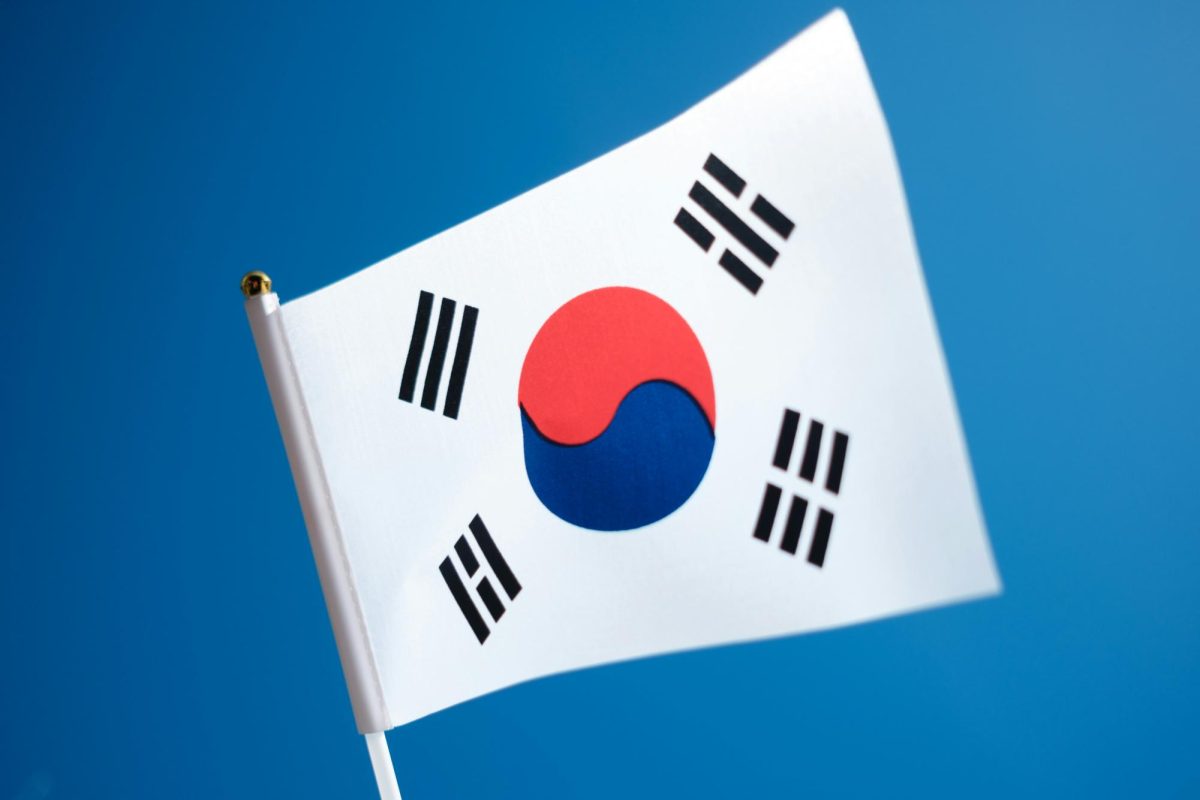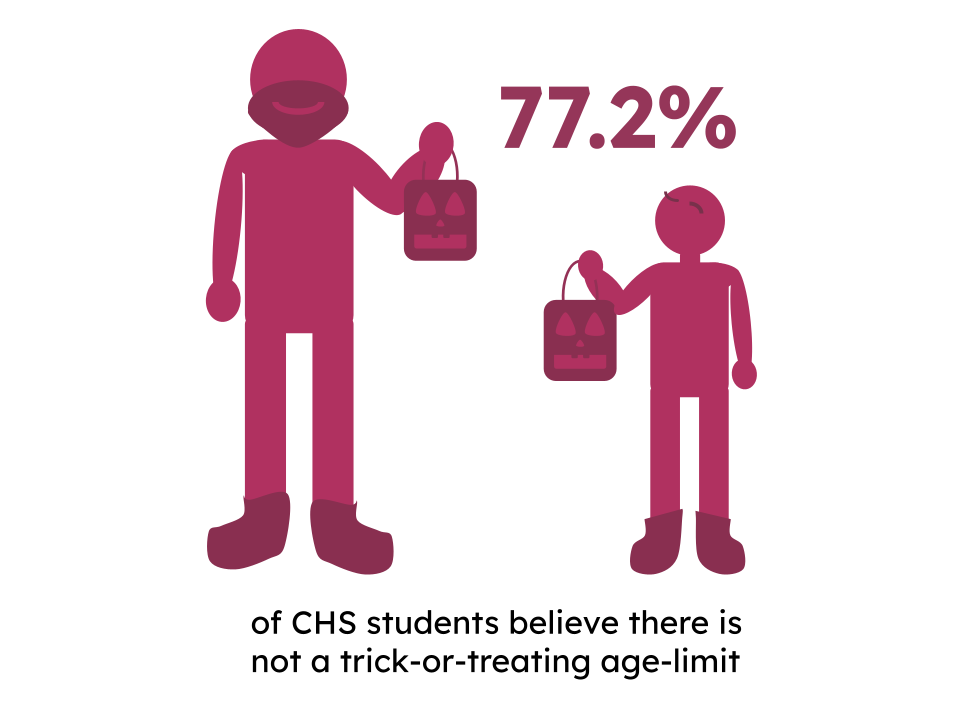
The conquest towards productivity is a hard-spent one, with students and creatives alike familiar with caffeine-filled nights spent slumped over projects. It brings up the question of how healthy this habit truly is, and why is it normalized.
A culture that values work-place efficiency over one’s well being, particularly regarding sleep time, is ingrained into society, internationally. While this helps with completing work, the effects of sleep deprivation are linked with chronic health problems, including weakened immune systems, kidney disease, strokes and heart attacks. When deadlines take priority over one’s health to such an extreme, the advantages cannot outweigh the drawbacks.
This misplaced distribution of work stems from a variety of factors, the most obvious being a lack of availability. People unable to finish “busy-work” during the day will tend to it once they’re free, which typically ends up being at nighttime.
“I try to go to bed early, but whenever I really need sleep, after I do a lot of work, I’ll be really stressed and I’m not able to sleep,” senior Julia Grau of Millstone said.
One’s chosen responsibilities also greatly affect sleep time. The more obligations one holds, the more they work; henceforth, they’d sacrifice more of their wellbeing. This is a pattern defined by self-abuse and problematic efficiency.
According to Johns Hopkins Medicine, sleep deprivation, in the short-term, can cause stress, hallucinations and irritability; the long-term effects are far worse.
Explained by Hopkins sleep researcher Patrick Finan, Ph.D, sleep deprivation is linked to a 36% increase of risk for colon cancer and high blood pressure, and it weakens one’s immune system greatly. In fact, people who get less than five hours of sleep on average daily are 50% more at risk for obesity, and they have heightened chances of becoming diagnosed with dementia, heart disease and depression.
While drowsiness may not seem like a heavy price, Finan also says 6,000 car crashes are caused by sleepy drivers per year. Furthermore, 1 in 25 adults have reported falling asleep at the wheel within the past month, and this is seen in more places than just a motor vehicle..
Students dozing off throughout the day is no rarity, and the culprit is this societal emphasis on productivity over self that has become so heavily normalized.
“I feel like when it comes to being in class, a lot of times when you get little sleep you end up sleeping in class, which is an issue on behalf of the students. Especially when it comes to subjects like math and science,” sophomore Angelina Freel-DiPalm of Middletown said.
This unhealthy mindset among students is only saddled by a workforce culture. Every industry presents a focus on work completion that disregards self-care or cultivating a work-life balance, some more extreme than others.
Crunch culture, prominent in the video game and animation industry, is compulsory overtime during the development of a project, oftentimes leading to work weeks of 65-80 extra hours, typically uncompensated. It is praised as a passionate endeavor by executives, but it has negatively impacted workers in all places.
“Across the Spider-Verse” was a box office success film of 2023, grossing $120.6 million domestic in its opening weekend, but the behind the scenes of the movie’s development are worrying. Several animators reported being pushed to work more than 11 hours a day every day throughout production. In response, Sony CEO Michell Grady and “Across the Spider-Verse” producer Amy Pascal said, “To the workers who felt demoralized by having to revise final renders five times in a row, I guess, welcome to making a movie.”
Until workers of all sorts unionize against these demanding work conditions, crunch culture will never truly disappear. However, people can make steps towards removing it from schools, something already being done by students with good school-life balances.
Sophomore Cara Hsu of Wall Township prioritizes time management to get sufficient amounts of sleep and stay productive.
“Sleep is the answer to everything. When it comes to balancing my grades and my activities, I just try not to procrastinate that much,” Hsu said. “When I get home, I do my homework first, then do all my fun stuff when I’m done.”
Though tempting to neglect one’s health in place for productivity, its bodily and societal effects make it not worth it. Emphasis on deadlines over wellbeing carry over throughout one’s life, from school to the workplace. One should learn to manage their time when they’re young so that they can benefit from a healthy workplace environment in the future.
Math teacher Justine Lane agrees that this type of culture does more harm than good.
“You have to pace yourself. It’s the oxygen mask all over again—you have to put the oxygen mask on yourself first, take care of yourself so you’re strong enough, healthy enough, and centered in your head well-enough to take care of those around you,” Lane said.








